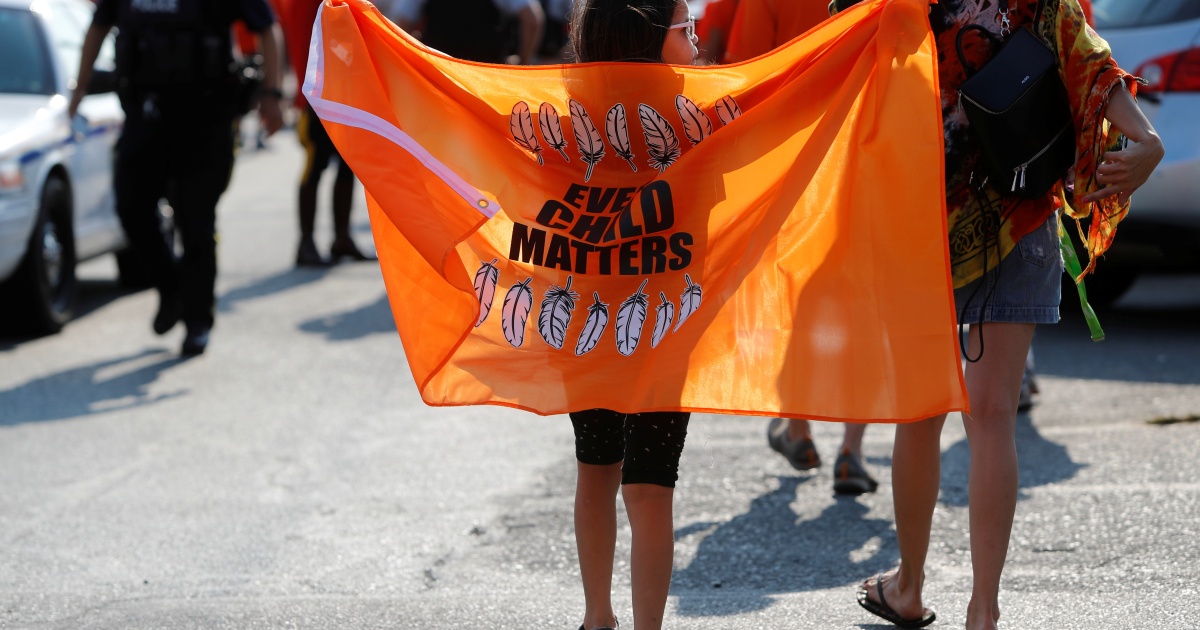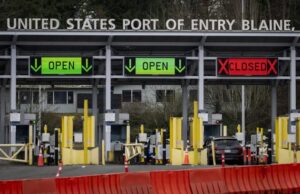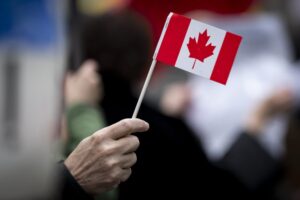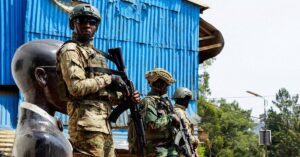
The Canadian government and the Assembly of First Nations (AFN) have announced that a final settlement has been reached on compensation for Indigenous children who were discriminated against for years in the provision of government services.
Canada said in a statement on Monday that the $15.55bn ($20bn Canadian) deal marks the largest settlement agreement in the country’s history. It still needs to be approved by the Canadian Human Rights Tribunal and the Federal Court of Canada.
“After three decades of advocacy, and months of negotiations, the AFN is pleased with reaching terms of this historic compensation agreement for our children and families,” AFN Manitoba Regional Chief Cindy Woodhouse said in the statement.
“First Nations children have always deserved to be treated fairly and equitably, and this $20 billion compensation settlement recognizes that this was not the policy nor the practice.”
Indigenous leaders and community advocates have fought to get Canada to abide by a 2016 Canadian Human Rights Tribunal ruling that found the federal government had discriminated against Indigenous people in the provision of child and family services.
This discrimination pushed more Indigenous children into foster care, said the tribunal, which ordered Canada to pay each affected child $31,094 ($40,000 Canadian), the maximum allowed under the Canadian Human Rights Act.
According to census data, just more than 52 percent of children in foster care in 2016 were Indigenous, while Indigenous children made up only 7.7 percent of the country’s total child population.
Canada had admitted that its systems were discriminatory but repeatedly fought orders for it to pay compensation and fund reforms.
Among others, children who were removed from their homes between April 1991 and the end of March 2022 under the First Nations Child and Family Services programme will be eligible for compensation, the government said.
While this is an important and necessary step forward to compensate those hurt by discriminatory funding practices, it has come at the cost of terrible pain and suffering,” said Marc Miller, Canada’s minister of Crown-Indigenous Relations, in Monday’s statement.
” I hope that this agreement on compensation will bring us closer to a future where all First Nations children can grow and thrive with their families and communities, as we continue to work with partners to reform child and family services.”
Cindy Blackstock, the executive director of the First Nations Child and Family Caring Society, which brought the complaint to the Canadian Human Rights Tribunal, said the group would review the deal to ensure it meets the tribunal’s orders.
“The Caring Society believes Canada should pay the human rights compensation to victims immediately and drop their appeal at the Federal Court of Appeal,” Blackstock tweeted.
“The Caring Society is not a party to the compensation final agreement nor are we seeking any benefit related to the compensation. We simply want to ensure the rights of victims to the human rights damages are respected.”







